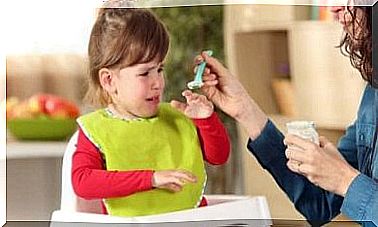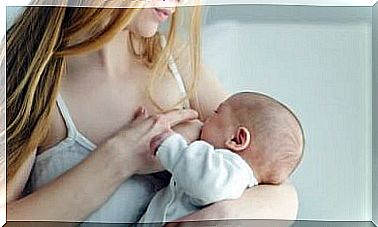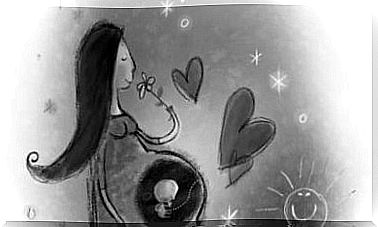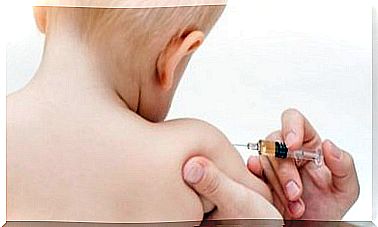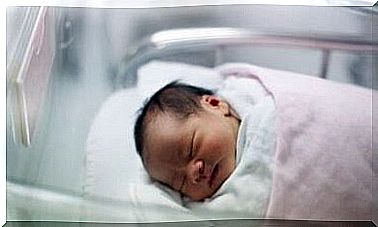8 Types Of Postnatal Care Every Mother Needs
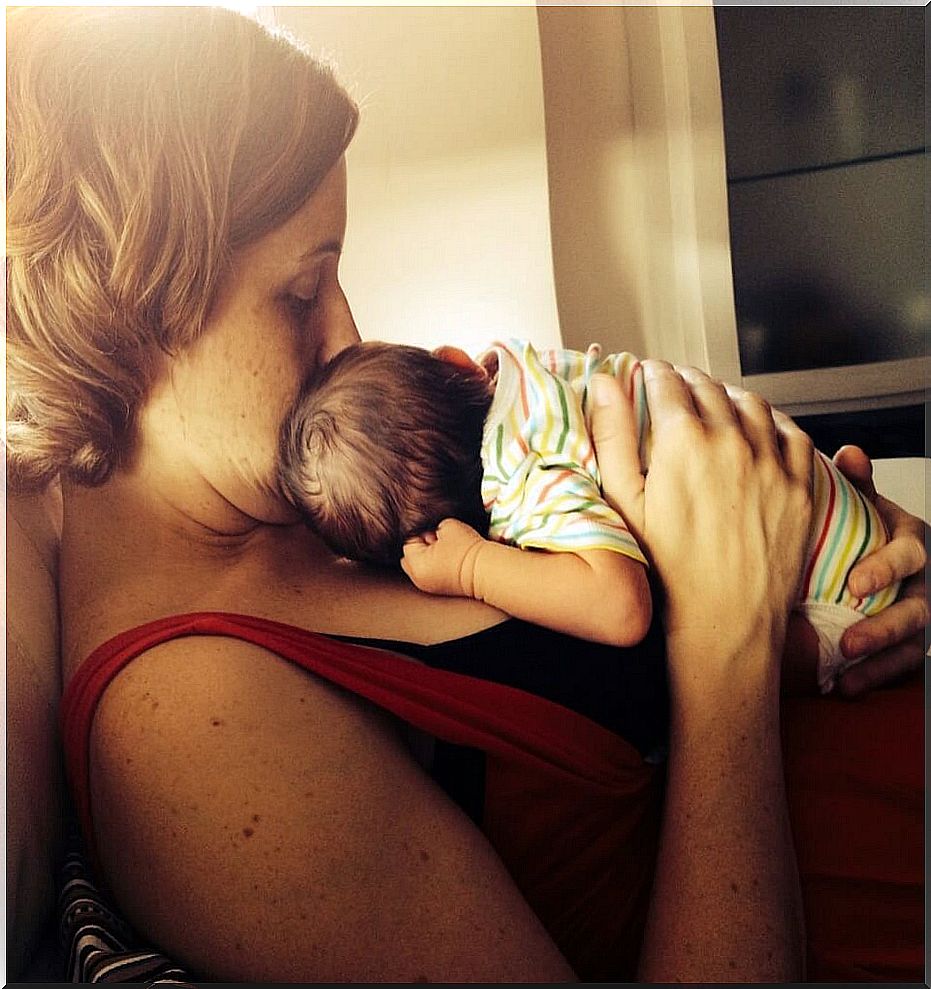
After childbirth, a woman’s body takes about six weeks to recover from the changes it went through during childbirth. During this time it is vital to get all the rest and postnatal care you need.
No matter what people say, the postpartum period is a time of change and adjustment that can last for weeks or even months.
Around the sixth week after giving birth, several physical and emotional changes take place in a mother’s body. These can leave us feeling exhausted and somewhat hostile.
Your body is working to gradually reverse the changes that occurred during pregnancy and return to its previous shape.
It is important to know the basics of postnatal care so that you can recover at home at your own pace, according to your body’s needs and limitations.
The main types of postnatal care
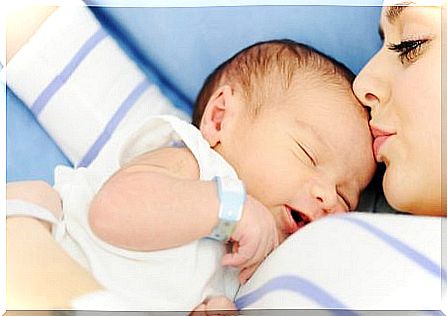
Hygiene at lochia
One of the things you will experience after giving birth is the appearance of lochia. This is vaginal discharge consisting of tissue and blood from the uterus. Your body should start to reject this soon after you get home.
This is a natural and healthy process, so good hygiene should be your only concern. Experts recommend washing your intimate area three to five times a day with water and neutral soap. Then dry it with a soft, clean towel.
Breastfeeding and Postnatal Contractions
After having your baby, you may experience acute abdominal cramps. These are contractions and they occur because your uterus is shrinking to its normal size.
These cramps can often coincide with breastfeeding. This is because during feeding hormones are released that cause the uterus to contract.
Your cramps can be painful, especially if this isn’t your first baby: Postpartum cramps tend to be more intense in women who have given birth before.
To help your blood vessels heal, start breastfeeding as soon as possible. Stimulating your mammary glands helps these contractions do their job.
Rest and sleep to regain energy
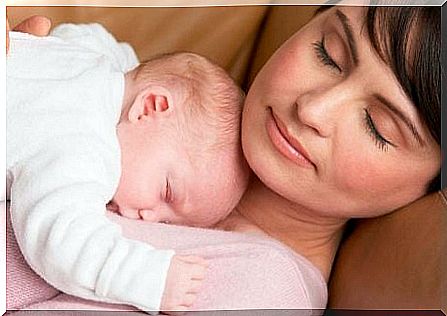
Getting adequate rest is an essential part of postnatal care. However, the first few nights with your baby will be exhausting. You still need to get used to breastfeeding and get to know your baby’s sleeping patterns.
The best way to do this is to just follow your baby and sleep when he does. Getting as much rest as possible in the first few days after giving birth will help you feel better.
It’s perfectly normal when all you want to do is eat, sleep and take care of your baby. After all, this is a time of rest, recovery and care.
Keep your legs up to reduce swelling
After delivery, you will experience swelling in your legs and feet, which may last for some time. To reduce swelling, keep your feet elevated as much as possible, especially when lying down.
Gentle walks to reduce constipation
Try to go to the bathroom as soon as you feel the need. If you don’t, your stool can accumulate and become hard.
To prevent constipation and make going to the bathroom easier, doctors recommend taking slow and gentle walks. This stimulates your gut and helps your body return to normal.
For the same reasons, make sure you drink plenty of water and eat fresh fruits and vegetables, which are rich in fiber.
Take care of the sutures or an episiotomy
Sutures are used in the case of a vaginal tear or an episiotomy. This is an incision of the perineum to prevent tearing during labour.
Before you leave the hospital, ask how best to care for your stitches so that you can follow the instructions at home.
Either way, taking care of your stitches is easy and painless and can help prevent discomfort and infections.
Take a shower every day with lukewarm water and neutral soap. This will help keep your scar clean and dry. Gently pat the area dry with a soft towel.
Another tip is to lie down for ten minutes every hour so that no blood builds up in the area.
What to do if your milk starts coming
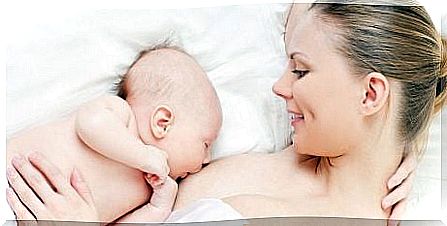
Your milk normally starts on the third or fourth day after delivery. You may feel a slight fever and your breasts will be so full that you will feel like they are about to burst. They will be hot, swollen and painful.
To reduce this feeling, try placing a cool, damp cloth on your breasts if they hurt. Of course, the best remedy is to make sure (as much as possible) that your baby is drinking well. You can also express some milk using a breast pump.
Your emotions after childbirth
However, postnatal care goes beyond physical aspects. Having a baby leads to strong emotions and can often generate mixed feelings: happiness mixed with fear and doubt and even sadness.
You may feel more sensitive or suddenly start crying. Sometimes you feel lonely or have low self-esteem.
All these emotions are normal and understandable. However, if they turn into something more intense like fear, oppression, sadness, insomnia, or lethargy, then you need to ask for help.
Talk to your doctor, as these feelings could be signs of postpartum depression.


